
Robert Burgess Aldrich was an American film director, producer, and screenwriter. An iconoclastic and maverick auteur working in many genres during the Golden Age of Hollywood, he directed mainly films noir, war movies, westerns and dark melodramas with Gothic overtones. His most notable credits include Vera Cruz (1954), Kiss Me Deadly (1955), The Big Knife (1955), Autumn Leaves (1956), Attack (1956), What Ever Happened to Baby Jane? (1962), Hush...Hush, Sweet Charlotte (1964), The Flight of the Phoenix (1965), The Dirty Dozen (1967), and The Longest Yard (1974).
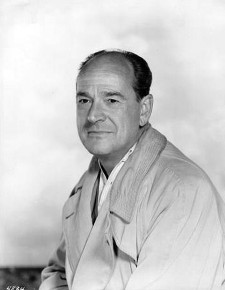
Anthony Mann was an American film director and stage actor.

Terence Fisher was a British film director best known for his work for Hammer Films.
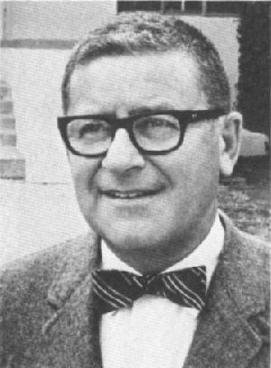
Mark Robson was a Canadian-American film director, producer, and editor. Robson began his 45-year career in Hollywood as a film editor. He later began working as a director and producer. He directed 34 films during his career, including Champion (1949), Bright Victory (1951), The Bridges at Toko-Ri (1954), Peyton Place (1957), The Inn of the Sixth Happiness (1958), Von Ryan's Express (1965), Valley of the Dolls (1967), and Earthquake (1974).
Bruce Bernard Geller was an American lyricist, screenwriter, director, and television producer.
Charles Alfred Selwyn Bennett was an English playwright, screenwriter and director probably best known for his work with Alfred Hitchcock.
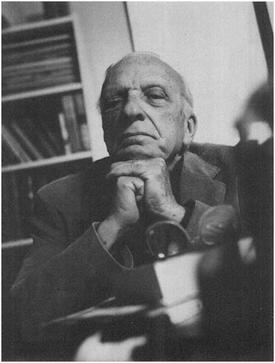
Philip Yordan was an American screenwriter, film producer, novelist and playwright. He was a three-time Academy Award nominee, winning Best Story for Broken Lance (1951).

Philip Ives Dunne was an American screenwriter, film director and producer, who worked prolifically from 1932 until 1965. He spent the majority of his career at 20th Century Fox. He crafted well regarded romantic and historical dramas, usually adapted from another medium. Dunne was a leading Screen Writers Guild organizer and was politically active during the "Hollywood Blacklist" episode of the 1940s–1950s. He is best known for the films How Green Was My Valley (1941), The Ghost and Mrs. Muir (1947), The Robe (1953) and The Agony and the Ecstasy (1965).
Andrew Victor McLaglen was a British-born American film and television director, known for Westerns and adventure films, often starring John Wayne or James Stewart.
Charles Friedman Haas was an American film and television director.
Oscar Boetticher Jr., known as Budd Boetticher, was an American film director. He is best remembered for a series of low-budget Westerns he made in the late 1950s starring Randolph Scott.
Kenneth Graham Hughes was an English film director, writer and producer. He was the co-writer and director of the children's film Chitty Chitty Bang Bang (1968). He has been called "a filmmaker whose output was consistently interesting and entertaining, and deserved more critical attention than it has received."
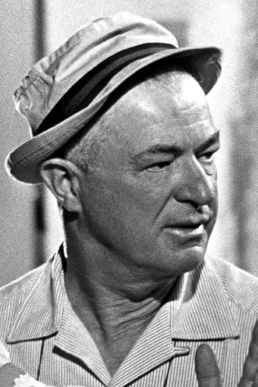
Naftuli Hertz "Nathan" Juran was an Austrian-born film art director, and later film and television director. As an art director, he won the Oscar for Best Art Direction in 1942 for How Green Was My Valley, along with Richard Day and Thomas Little. His work on The Razor's Edge in 1946 also received an Academy nomination. In the 1950s, he began to direct, and was known for science fiction and fantasy films such as Attack of the 50 Foot Woman. He was also the brother of quality guru Joseph M. Juran.

Howard Winchel Koch was an American producer and director of film and television.

Henry Levin began as a stage actor and director but was most notable as an American film director of over fifty feature films. His best known credits were Jolson Sings Again (1949), Journey to the Center of the Earth (1959) and Where the Boys Are (1960).

Jasper Joseph Inman Kane was an American film director, film producer, film editor and screenwriter. He is best known for his extensive directorship and focus on Western films.

Arthur Lubin was an American film director and producer who directed several Abbott & Costello films, Phantom of the Opera (1943), the Francis the Talking Mule series and created the talking-horse TV series Mister Ed. A prominent director for Universal Pictures in the 1940s and 1950s, he is perhaps best known today as the man who gave Clint Eastwood his first contract in film.

Arnold Laven was an American film and television director and producer. He was one of the founders and principals of the American film and television production company Levy-Gardner-Laven. Laven was a producer of, among other things, the western television series The Rifleman and The Big Valley. He also directed motion pictures, including Without Warning!, The Rack, The Monster That Challenged the World, Geronimo, Rough Night in Jericho, and Sam Whiskey. In the 1970s and early 1980s, Laven directed dozens of episodes of television series, including episodes of Mannix, The A-Team, Hill Street Blues, The Six Million Dollar Man, Fantasy Island, The Rockford Files and CHiPs.

Martin Ellyot Manulis was an American television, film, and theatre producer. Manulis was best known for his work in the 1950s producing the CBS Television programs Suspense, Studio One Summer Theatre, Climax!, The Best of Broadway and Playhouse 90. He was the sole producer of the award-winning drama series, Playhouse 90, during its first two seasons from 1956 to 1958.
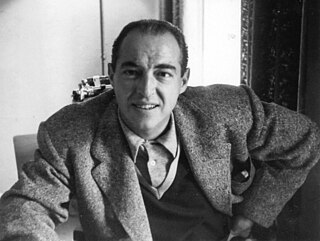
Charles Marquis Warren was an American motion picture and television writer, producer, and director who specialized in Westerns. Among his notable career achievements were his involvement in creating the television series Rawhide and his work in adapting the radio series Gunsmoke for television.













